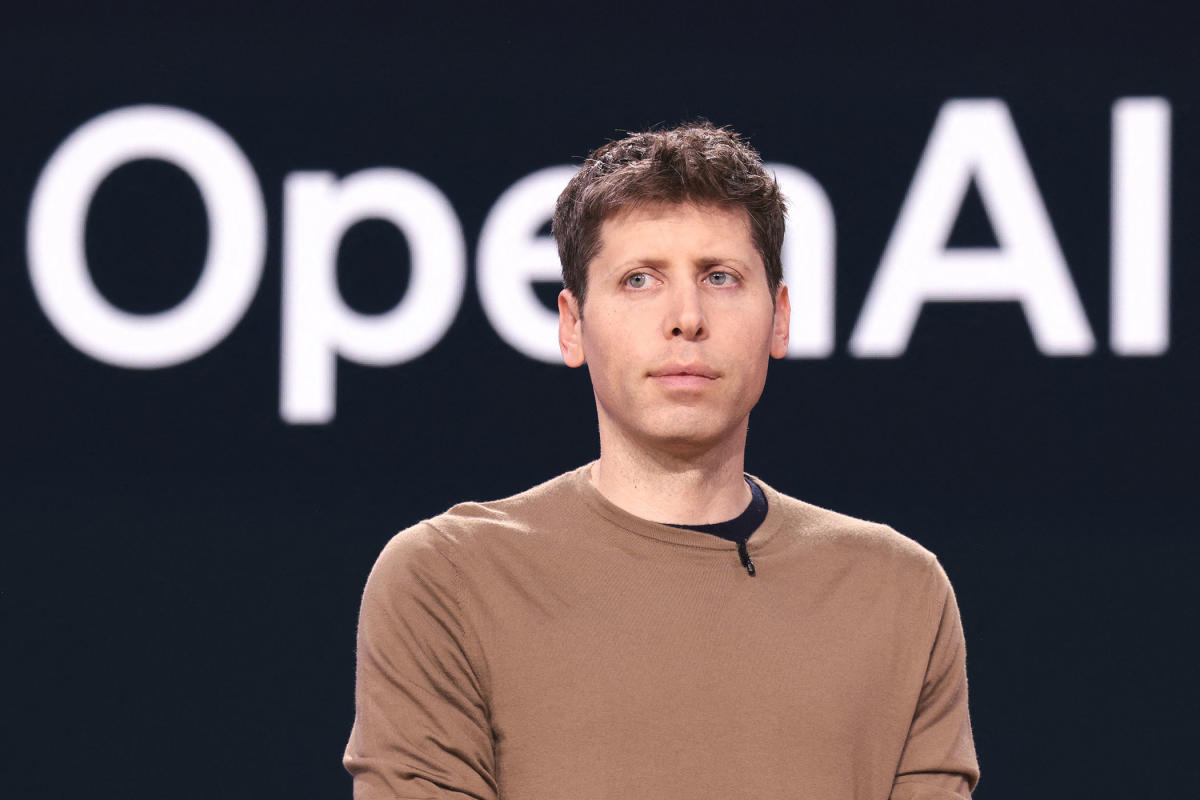OpenAI to Form Advisory Group for Nonprofit Initiatives

OpenAI’s Transition to For-Profit: Key Details
OpenAI, an artificial intelligence research organization, is preparing to change its structure from a nonprofit to a for-profit entity. This significant transition comes as OpenAI seeks to attract more investment to continue its research and development efforts. The organization is planning to gather insights from various experts and community leaders to address pressing issues in philanthropy.
Expert Group Formation
To aid in this transition, OpenAI is convening a group of experts who will provide a deeper understanding of urgent challenges faced by nonprofits today. Their goal is to gather feedback from leaders in various fields, such as health, education, science, and public services. This initiative will focus particularly on issues relevant in California, where OpenAI is based. The announcement of this expert group is expected in April, and they will submit their findings to OpenAI’s board of directors within 90 days.
Importance of Philanthropic Insights
In a recent blog post, OpenAI highlighted the significance of these insights. The board of directors will consider the recommendations from this group as part of its efforts to evolve OpenAI’s nonprofit model before the end of 2025. The organization recognizes the importance of collaboration with the philanthropic community to inform how it can effectively utilize its resources.
OpenAI’s Background
Founded in 2015 as a nonprofit research laboratory, OpenAI initially focused on promoting and developing friendly AI for the benefit of humanity. However, as its projects grew more complex and capital-intensive, OpenAI had to adapt its structure to attract outside investment. It transitioned from a pure nonprofit to a hybrid model that allows for limited profit-sharing with investors and employees.
Current Organizational Structure
Presently, OpenAI operates with a for-profit arm that is controlled by a nonprofit organization. This setup includes a "capped profit" mechanism, which limits the amount of profit investors and staff can earn. The company’s future ambitions involve transitioning its for-profit segment into a traditional corporation, which would offer standard shares of stock. This shift would allow the nonprofit to receive significant funding in exchange for relinquishing some control.
Financial Stakes
The urgency of this transition is underscored by potential financial ramifications. OpenAI has a significant backing, including investment from major firms like Microsoft. If OpenAI cannot complete the transition and secure additional funding by the end of the year, it risks losing billions pledged by some investors, such as SoftBank. This situation adds pressure on the organization to execute its plans swiftly while navigating the complexities of such a significant structural change.
Summary of the Transition Plans
- Expert Group Formation: OpenAI is establishing a group of experts to gain insights on critical nonprofit challenges.
- Philanthropic Insights: The board aims to use these insights to evolve its nonprofit efforts and effectively use its resources.
- Current Structure: OpenAI operates with a for-profit segment controlled by a nonprofit and features a capped profit model.
- Future Plans: The organization intends to convert its for-profit entity into a traditional corporation and provide substantial funding to the nonprofit.
- Financial Pressures: Timeliness is crucial, as delays in the transition could result in the loss of billions in funding from its investors.
As OpenAI moves forward with this transformative process, it remains to be seen how these changes will impact its operations and the broader field of artificial intelligence development.



